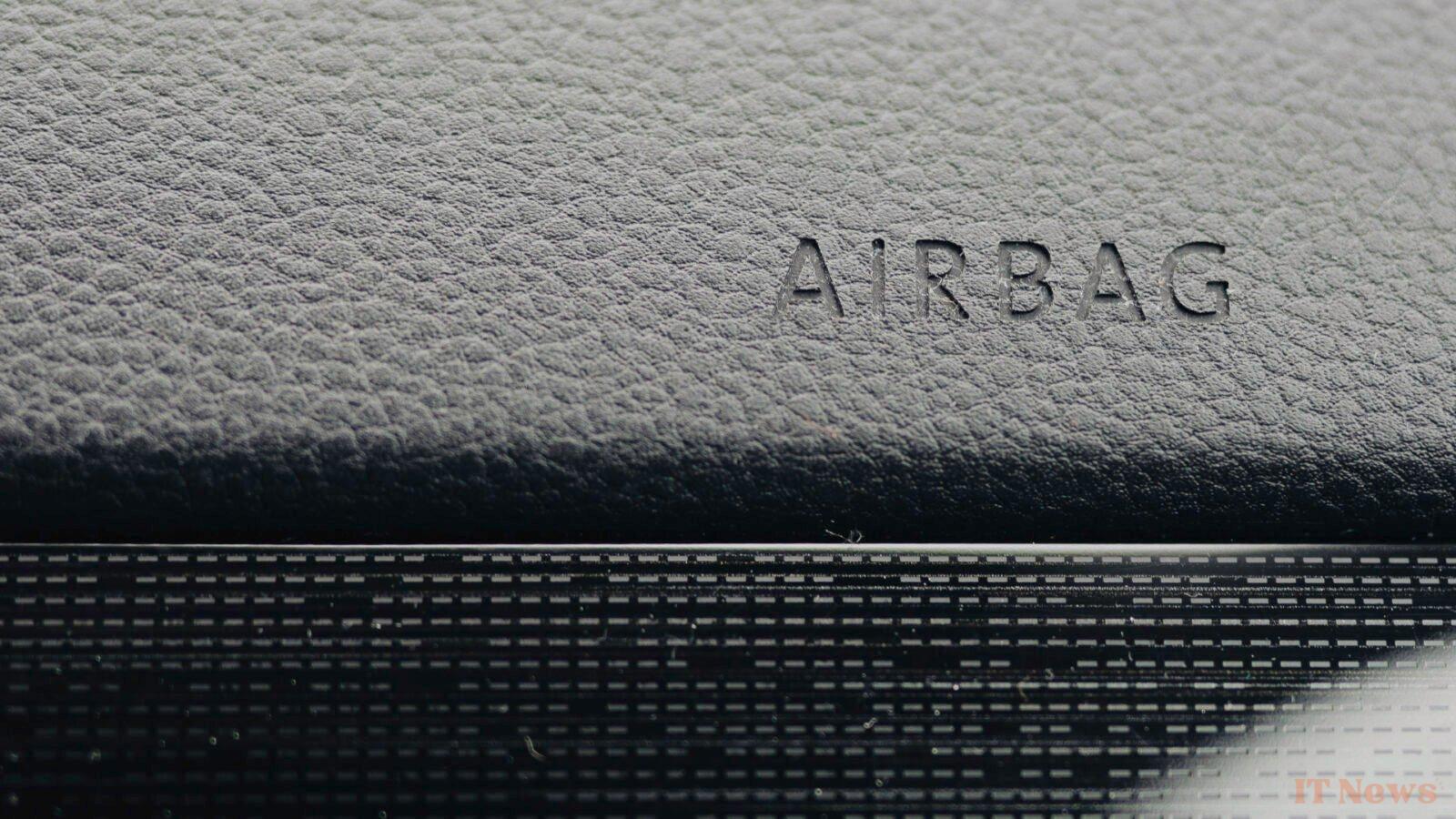The affair has been going on for ten years now, and the number of accidents recorded continues to increase worldwide. Due to a gas that degrades over time, and with humidity and heat, Takata airbags explode, with serious consequences. In addition to hundreds of injuries, no fewer than 14 deaths have been recorded in France (12 overseas and 2 in mainland France), as well as 28 in the United States and 45 worldwide.
On June 17, the Ministry of Transportation ordered the complete grounding of the vehicle fleet affected by the defective Takata airbags. The previous week, a woman in her forties died in her Citroën C3, forcing the brand to expand its recall campaign and force affected drivers to immobilize their vehicles.
Citroën immobilizes all affected models in France and Europe
Through its new director, Xavier Chardon, Citroën told AFP that "given the context, we have decided to put the vehicles on 'stop drive' to speed up their processing." Citroën C3 and DS3 models are no longer allowed to circulate. They will be able to get back on the road once the repairs are completed.
This is not the first time that Stellantis has grounded its vehicles due to the Takata airbag, but until now, the vehicles only affected those assembled between 2008 and 2013. Those produced after 2014 were simply asked to come and replace the equipment in the workshop.
The grounding now affects 82,000 vehicles in France, and 441,000 in Europe. In total, 690,000 Citroën vehicles left the factory with the Japanese airbag. The chevron brand indicated that it had already made changes to 481,000 units, or two-thirds.
An "unacceptable and scandalous" situation for the minister
The UFC-Que-Choisir association still blames the automotive group, even though the affair of the dangerous Takata airbags dates back ten years already. The association declared that "this new death is unacceptable and would have been avoided if the necessary measures had been put in place by Stellantis."
Transport Minister Philippe Tabarot added another layer by declaring that this situation was "unacceptable and scandalous", believing that "as it stands, the company's attitude is not commensurate with the challenges and risks involved."
In Guadeloupe, at the beginning of June, the prefecture sought to take the lead by initiating a recall campaign. For her, the situation was all the more urgent because she estimated that one in ten vehicles on the road in the archipelago was affected by malfunctioning Takata airbags.
Who is Takata, at the heart of the problem?
While the number of Citroëns affected by the Transport Minister's grounding seems immense, it is ultimately nothing, as many other manufacturers are affected by Takata airbags. Audi, BMW, Ferrari, Ford, Honda, Jaguar, Jeep, Lancia, Land Rover, Lexus, Mazda, Mercedes, Mitsubishi, Nissan, Opel, Peugeot, Seat, Skoda, Subary, Toyota, Tesla, and Volkswagen have many affected models, over different periods. Enough to give garages a lot of work.
Discovering the case in 2025, one might wonder why the criticism is not instead directed at Takata, responsible for producing the airbags. Let's remember that the Japanese equipment manufacturer has not existed since 2017, when it declared bankruptcy.
At that time, the company received a gigantic fine of more than a billion dollars, due to its defective airbags. The sum, far too high for the company, was not going to allow it to recover, especially since it also had to prepare for numerous lawsuits around the world. With so many manufacturers trusting it to equip their cars, Takata represented a fifth of the market for seat belts and airbags for automobiles, across the world.



0 Comments